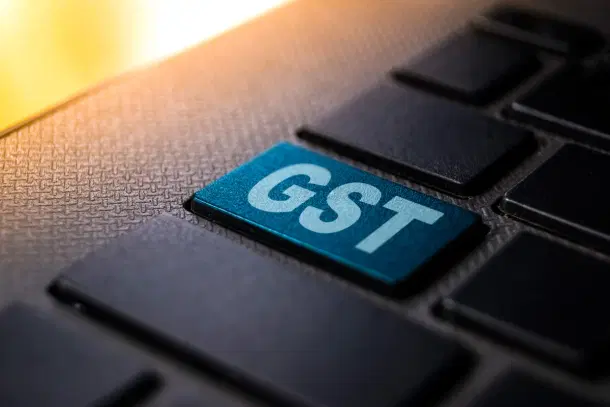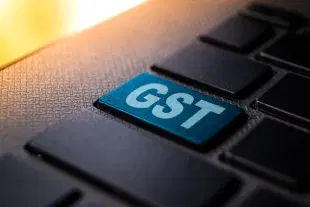News Brief
Ahead Of GST Council Meet, Congress Says Rate Cuts Must Benefit Consumers, Not Just Grab Headlines
Shrinithi K
Aug 30, 2025, 05:22 PM | Updated 05:22 PM IST
Save & read from anywhere!
Bookmark stories for easy access on any device or the Swarajya app.


Congress leader Jairam Ramesh on Saturday (30 August) said eight opposition-ruled states have supported cutting GST rate slabs and lowering rates on mass consumption items, while seeking safeguards to ensure benefits reach consumers, The New Indian Express reported.
Ramesh added that Congress expects next week’s GST Council meeting to move beyond what he called "headline-grabbing exercise so typical of the (Narendra) Modi government".
He said the states are also demanding five years of compensation with 2024-25 as the base year, arguing that revenues are expected to be affected by the proposed rate cuts.
They have also sought that all proceeds from additional levies on ‘sin’ and luxury goods, above the proposed 40 per cent, be fully transferred to states, he noted.
In a post on X ( Formerly known as Twitter), Ramesh said Karnataka, Himachal Pradesh, Jharkhand, Kerala, Punjab, Tamil Nadu, Telangana, and West Bengal back the GST slab and rate cuts on essential goods.
He reiterated that these states want a mechanism to ensure the benefits of the rate reduction are passed directly to consumers.
Ramesh again stressed that states want five years of compensation from 2024-25, citing the likely revenue impact of the proposed cuts.
He added that Congress has long pushed for a “GST 2.0” with fewer slabs, lower rates, and simplified compliance, particularly for MSMEs.
He also said Congress continues to stress the need to protect the interests of all states under the GST framework.
Ramesh expressed hope that the upcoming GST Council meeting will advance “genuine cooperative federalism” instead of being another headline-driven exercise.
The GST Council, chaired by Finance Minister Nirmala Sitharaman, will meet on 3–4 September to deliberate on shifting to a two-slab system.
The meeting will be held in New Delhi over two days.
The council includes finance ministers from all states, Union Territories, and the Centre, and will consider recommendations from three GoMs on rate rationalisation, cess, and insurance.




